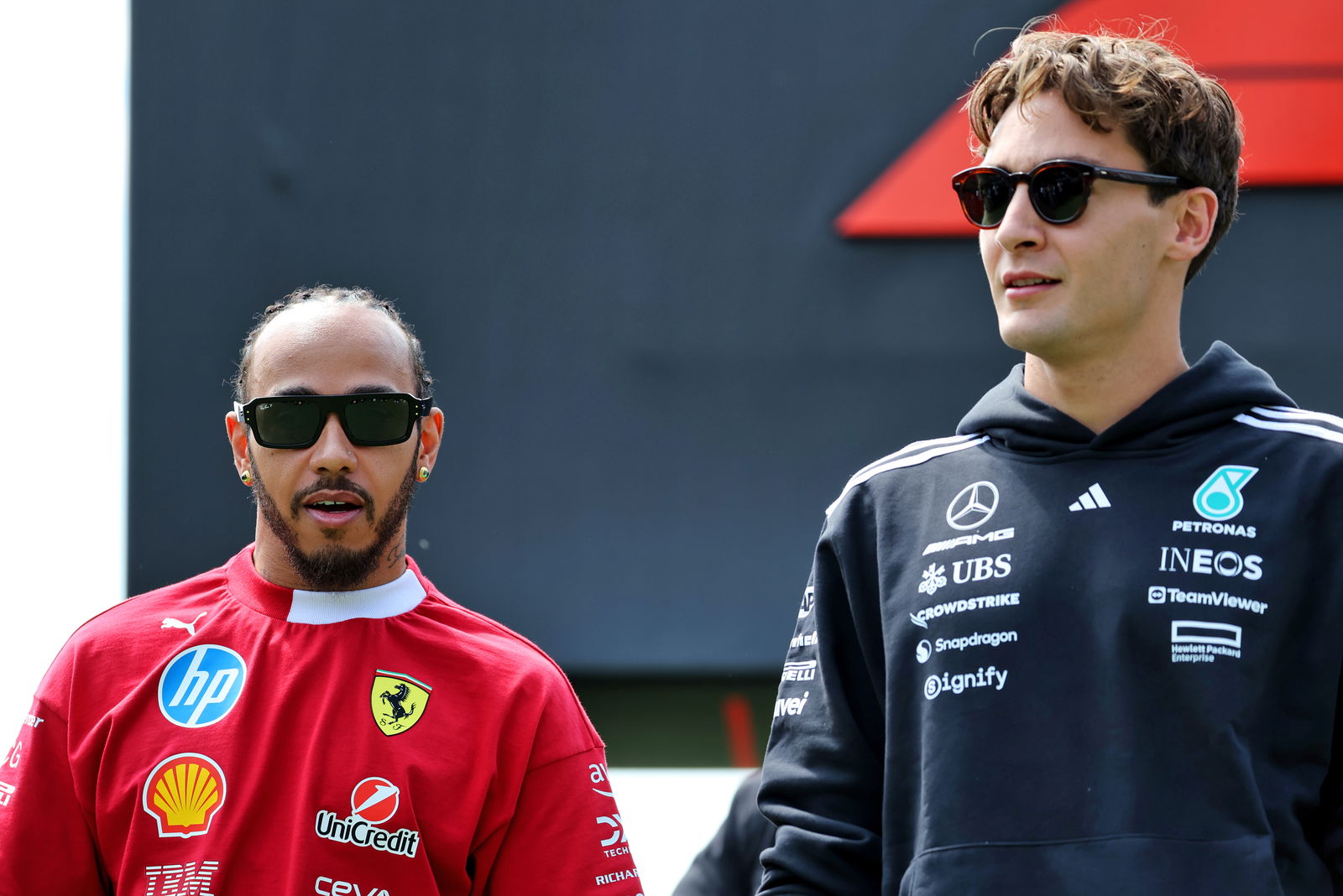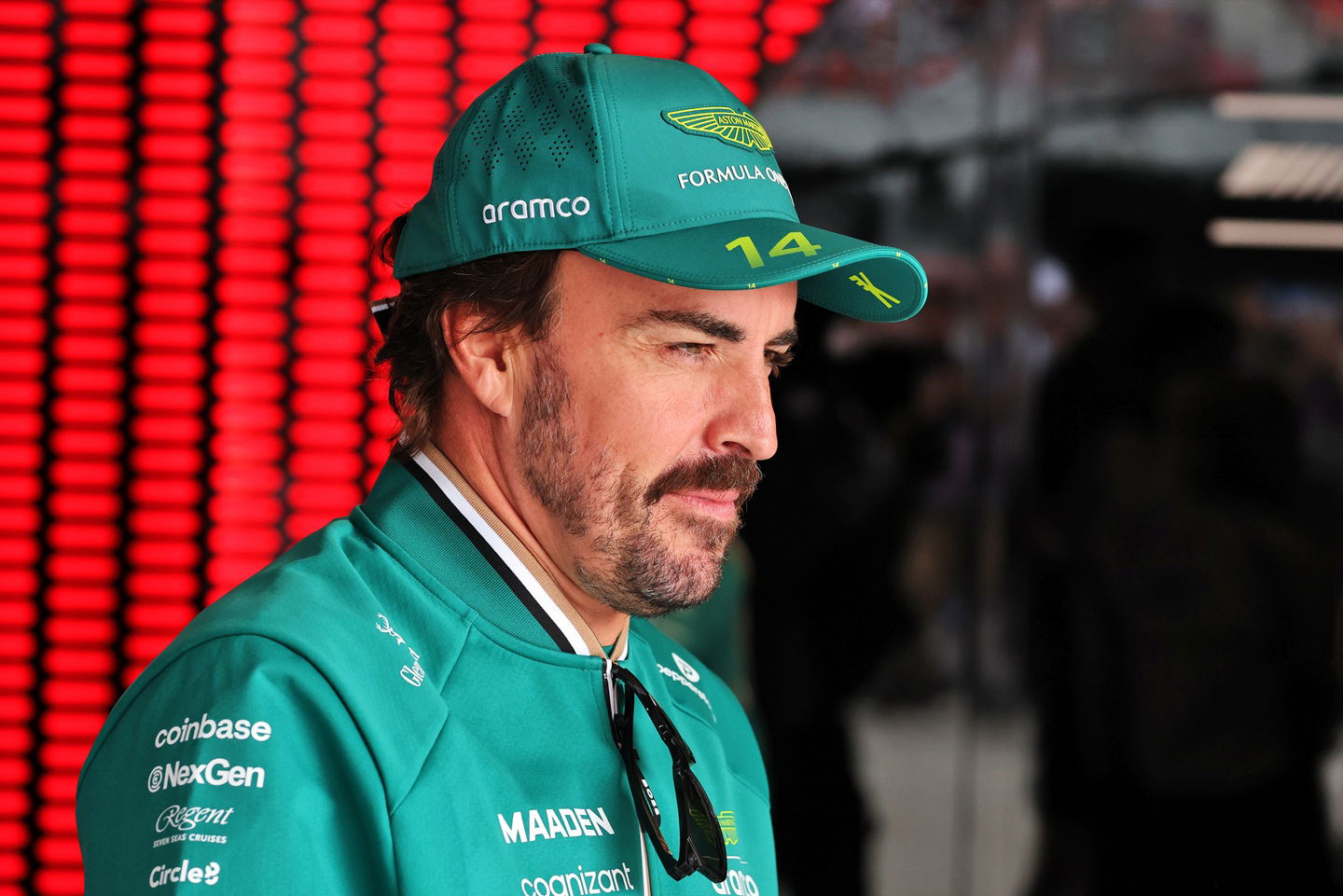Williams confident F1 won’t see ‘2014-like’ engine disparity in 2026
F1 won't have to worry about a wide spread in the field when the new regulations are introduced next year, according to James Vowles.

Williams is confident that Formula 1’s new engine cycle in 2026 will not produce the same gulf between teams as seen during the last major regulation change in 2014.
F1 will switch to more sophisticated hybrid power units next season, with the motor generator unit (MGU-K) contributing almost 50% of total output and the MGU-H being scrapped entirely.
The power unit overhaul will be accompanied by all-new chassis and aero rules, marking the biggest reset since 2014, when the current V6 hybrid engines were introduced.
That year, Mercedes seized a huge advantage over its rivals, pulling its customers like Williams also along, while the likes of Renault and Ferrari were left to battle for scraps. Further, Honda started its engine programme in 2015 with an embarrassingly slow and unreliable power unit, and it took years before it could catch up to the competition.
While the 2026 engine revamp is just as significant if not more as the last rule change, Williams team principal James Vowles expects the performance spread between manufacturers to be far narrower this time.
“I don't think we're gonna have the gaps we had in 2014 on power units, to be completely clear,” he said. “I don't think it's gonna be anywhere near that amount.
“I think power units up until probably the last three years [before the engine freeze] have probably dominated most championships. It would be a second argument I bring to your attention.”
Mercedes went on to claim seven consecutive drivers’ titles and eight straight constructors’ championships after the introduction of the current 1.6-litre V6 hybrids. It wasn’t until 2021 that Honda-powered Red Bull managed to break the streak, with Max Verstappen edging Lewis Hamilton in the drivers’ standings.
Further, it was only last year that a customer team finally beat its engine supplier to the constructors’ crown, with McLaren’s mid-season gains propelling it to the top of the table.
Vowles explained that the 2026 rules are framed in a way that chassis and aero performance will retain a significant role in determining the pecking order, rather than being completely overshadowed by engine power.
“Could the chassis be up to a half a second difference? Yes, is the answer. That's what we're seeing at the moment,” he said
“There's still lots of goodness that you can consume in that area. Where it falls out, I don't know yet, we're just trying to do our best to get up there.”


